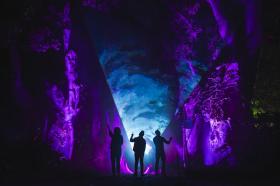“Irrationally held truths may be more harmful than reasoned errors,” philosophized Thomas Huxley. But the distinguished English biologist’s argument, however influential in scientific circles, has never quite stuck among the artistic crowd, whose imaginative temperament provides fertile ground for the flourishing of a variety of superstitions.
Perhaps this doesn’t make artists as irrational as scientists are wont to think; after all, the success of their work often hinges on luck, a phenomenon that remains beyond the grasp of logic. And while some superstitions can reasonably be traced back to common practices of the time, the origins of others are so convoluted that they must, it seems, be consigned to the annals of obscurity.




